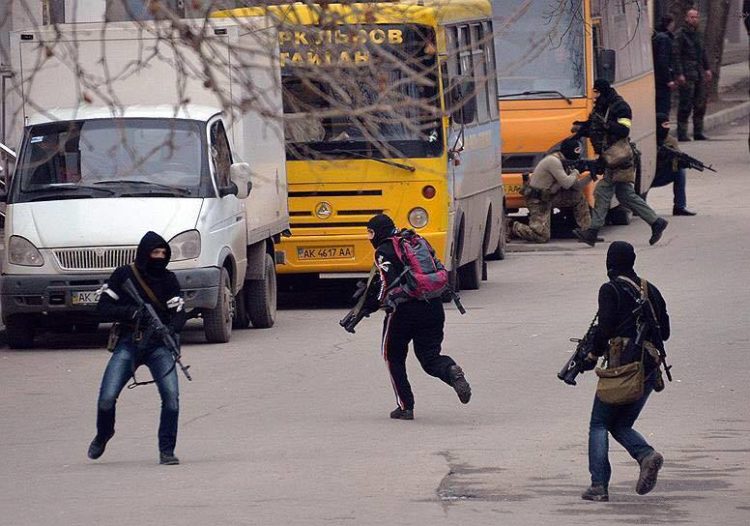After a lengthy and emotional debate, the Ukrainian Parliament decided to enact martial law in response to Russia’s attack on and seizure of three Ukrainian vessels. Before the crucial vote, Ukrainian President Petro Poroshenko called his fellow lawmakers to stand firm against Moscow’s aggression and vowed not to curtail personal freedoms. “This is clearly an element planned by Russians in the escalation of the situation in the waters of the Sea of Azov, which has been lasting for several months. And I’m sure this is still not a culmination,” said President Poroshenko. In the end, 276 lawmakers voted in favour and 30 against. The emergency will last for 30 days and can be extended if necessary.
The United States voiced its support of its Ukrainian counterpart. In an emergency United Nations meeting, U.S. Ambassador to the U.N. Nikki Haley said that “in the name of international peace and security, Russia must immediately cease its unlawful conduct and respect the navigational rights and freedoms of all states.” She called the Russian actions an “outrageous violation of sovereign Ukrainian territory.”
According to Volodymyr Yelchenko, the Ukrainian ambassador to the U.N., the Ukrainian ships were attacked after they were ordered to await the strait to free-up from other traffic. “All hell broke loose,” he added.
The Russian action broke a number of international and bilateral agreements, to include United Nations Convention on the Law of the Sea and the Treaty on the Sea of Azov, which was signed by the two nations in 2003 and established mutual sovereignty over the Sea of Azov.
Yelchenko added that the Ukrainian government and military believe that there is an increased risk of further Russian aggression, even going as far to suggest an invasion of Ukraine in an attempt to seize more territory amid the flurry of developments. Potential targets could be the ports of Mariupol, where the Ukrainian boats were headed, and Berdyansk. Capturing the two ports would enhance Russia’s grip over annexed Crimea.
NATO also declared its support for the Ukrainian government. “NATO fully supports Ukraine’s sovereignty and its territorial waters,” said NATO spokesperson Oana Lungescu. “We call on Russia to ensure unhindered access to Ukrainian posts in the Azov Sea, in accordance with international law.”
Currently, there are a number of NATO troops, to include 10th Special Forces Group and British Royal Marines, deployed in Ukraine in an advise and train capacity.
Stay tuned for further developments.
Already have an account? Sign In
Two ways to continue to read this article.
Subscribe
$1.99
every 4 weeks
- Unlimited access to all articles
- Support independent journalism
- Ad-free reading experience
Subscribe Now
Recurring Monthly. Cancel Anytime.











COMMENTS